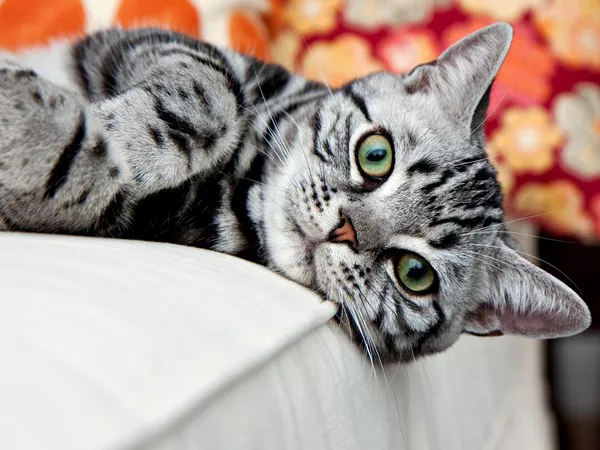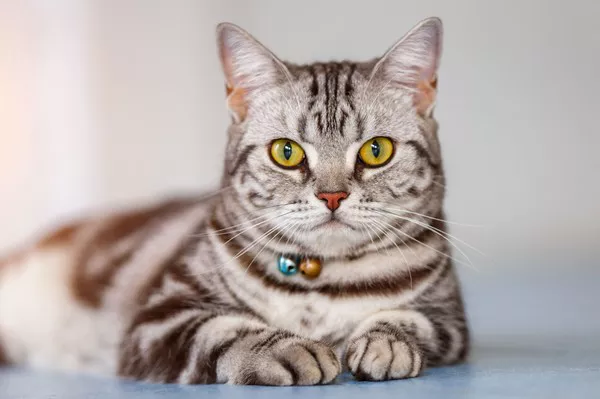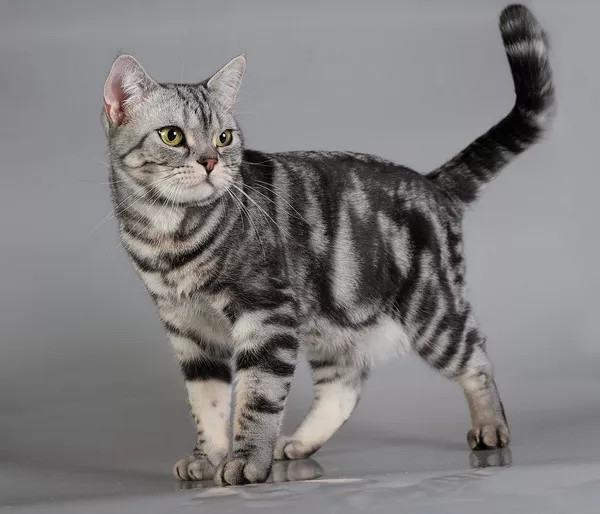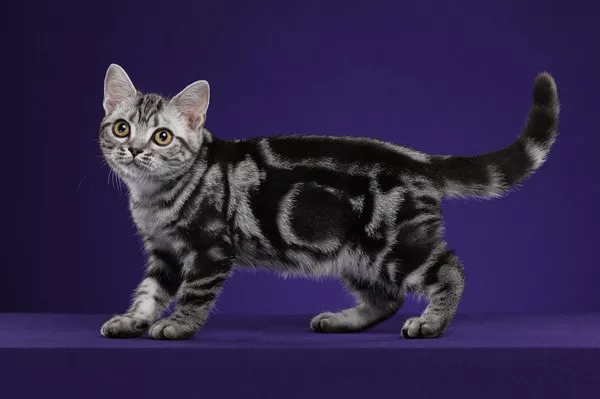The American Shorthair cat is a beloved breed known for its robust health, friendly demeanor, and adaptable nature. Like all cats, proper nutrition is essential for maintaining their well-being and longevity. However, determining how much food to feed your American Shorthair can be a challenge, as individual needs vary based on factors such as age, weight, activity level, and overall health. In this comprehensive guide, we’ll delve into the dietary requirements of American Shorthair cats and provide practical recommendations for feeding to ensure they thrive.
Understanding Your American Shorthair’s Nutritional Needs
Before addressing how much food to feed your American Shorthair, it’s crucial to understand their nutritional requirements. Like their wild ancestors, domestic cats are obligate carnivores, meaning they require a diet primarily consisting of animal-based protein to thrive. Their diet should also include essential amino acids, fatty acids, vitamins, and minerals to support overall health and vitality.
Quality Over Quantity: Choosing the Right Food
When selecting food for your American Shorthair, prioritize quality over quantity. Look for commercially available cat foods that are formulated to meet the nutritional needs of cats at different life stages. Opt for products that list a high-quality protein source, such as chicken, turkey, or fish, as the primary ingredient. Avoid foods containing excessive fillers, artificial additives, and by-products, which offer little nutritional value and may contribute to health issues over time.
Feeding Guidelines for American Shorthair Cats
Feeding guidelines for American Shorthair cats can vary depending on several factors, including age, weight, activity level, and metabolic rate. While there is no one-size-fits-all approach, the following recommendations can serve as a general guideline for feeding your American Shorthair:
1. Determine Caloric Needs: Start by calculating your American Shorthair’s daily caloric requirements based on factors such as age, weight, and activity level. Your veterinarian can help you determine the appropriate caloric intake for your cat’s specific needs.
2. Follow Feeding Guidelines: Commercial cat food brands typically provide feeding guidelines on their packaging based on the cat’s weight and life stage. Follow these recommendations as a starting point, but be prepared to adjust portions based on your cat’s individual needs.
3. Monitor Body Condition: Regularly monitor your American Shorthair’s body condition to ensure they maintain a healthy weight. Ideally, you should be able to feel their ribs without pressing too firmly, and they should have a visible waist when viewed from above.
4. Consider Life Stage and Activity Level: Kittens, adult cats, and senior cats have different nutritional requirements. Kittens require more calories and nutrients to support growth and development, while senior cats may benefit from lower-calorie diets to prevent weight gain. Additionally, highly active cats may require more food than sedentary cats to maintain energy levels.
5. Offer Multiple Small Meals: Consider dividing your American Shorthair’s daily food allowance into multiple small meals throughout the day. This approach mimics their natural feeding behavior in the wild and can help prevent overeating and digestive issues.
6. Provide Fresh Water: Ensure your American Shorthair has access to fresh, clean water at all times. Proper hydration is essential for overall health and can help prevent urinary tract issues, especially in cats fed dry food diets.
Factors Influencing Food Consumption
Several factors can influence how much food an American Shorthair cat consumes, including:
1. Age: Kittens require more food than adult cats to support growth and development. As cats age, their metabolism may slow down, leading to decreased caloric needs.
2. Weight: Overweight or obese cats may need to be fed smaller portions to help them achieve and maintain a healthy weight. Conversely, underweight cats may require additional food to support weight gain.
3. Activity Level: Highly active cats, such as those who spend time outdoors or engage in regular play sessions, may burn more calories and require larger portions to meet their energy needs.
4. Health Status: Cats with certain medical conditions, such as diabetes or hyperthyroidism, may have specific dietary requirements. Consult with your veterinarian for personalized feeding recommendations if your American Shorthair has health issues.
Special Considerations for Feeding American Shorthair Cats
While the general feeding guidelines outlined above apply to most American Shorthair cats, there are some special considerations to keep in mind:
1. Hairball Control: American Shorthair cats are known for their dense, plush coats, which may predispose them to hairballs. Consider feeding a specialized hairball control diet or incorporating fiber-rich foods into their diet to help prevent hairball formation.
2. Dental Health: Proper dental care is essential for American Shorthair cats to prevent dental disease and maintain overall health. Incorporating dental treats or feeding a dry food diet specifically formulated to promote dental health can help support oral hygiene.
3. Weight Management: American Shorthair cats are prone to obesity, which can lead to a variety of health issues, including diabetes, arthritis, and heart disease. Monitor your cat’s weight closely and adjust their diet as needed to prevent excess weight gain or facilitate weight loss if necessary.
4. Food Allergies and Sensitivities: Some American Shorthair cats may develop food allergies or sensitivities to certain ingredients. If your cat experiences gastrointestinal upset, skin issues, or other signs of an allergic reaction, consult with your veterinarian to identify and eliminate potential allergens from their diet.
Conclusion
Proper nutrition is essential for the health and well-being of American Shorthair cats. By understanding their nutritional requirements and individual needs, you can ensure that your cat receives the appropriate amount of food to support their overall health, vitality, and longevity. Consult with your veterinarian for personalized feeding recommendations and monitor your cat’s body condition regularly to ensure they maintain a healthy weight and thrive throughout their life. With the right diet and care, your American Shorthair can enjoy a happy, healthy, and fulfilling life by your side.

























